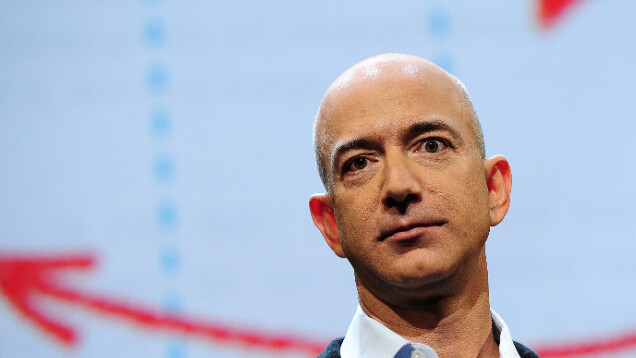
Editors Note: This is syndicated guest post by Walter Chen, co-founder of iDoneThis, an easy way for your team to sync up on its daily progress.
Today, the competition for top tech talent is as fierce as it’s ever been, and without a high-performing team, it’s tough to survive. It makes sense that such intense competitive pressure drives startup founders to pitch their company to prospective hires in ever more grandiose terms, exaggerate how well their company is “crushing it,” and make their culture sound like the happiest place on earth.
How else can you stand out to a top candidate who’s considering offers from all of the hottest companies?
It’s counterintuitive, but Amazon founder and CEO Jeff Bezos takes a totally different approach to hiring: he gives prospects a hiring anti-pitch.
Rather than tell prospects how happy and amazing Amazon is, Jeff Bezos would tell them that “it’s not easy to work here.” Even in 1997, during the dot-com boom, Bezos’s anti-pitch was stark and to the point: “You can work long, hard, or smart, but at Amazon.com you can’t choose two out of three.”
Bezos’s anti-pitch certainly made it tough to hire in Amazon’s early days, and it frustrated his management team who were desperate to staff up.
But it had a powerful, intended effect — there was no disillusionment over what Amazon was when the prospect eventually joined. Those who chose Amazon in spite of the anti-pitch knew what they were getting into, and had in fact self-selected for the challenge. Amazon became known as a company whose engineers were intense and elite.
Moreover, it turns out that negative information can actually make a pitch more appealing, and the anti-pitch is a technique that some salespeople recommend. Stanford business school professors Baba Shiv and Zakary Tormala have even observed what they call the “blemishing effect”, where negative information about a product “may actually strengthen a consumer’s positive impression.” The contrast provided by receiving negative information about something accentuates the positive information even more.
Although the blemishing effect doesn’t take place in all decision-making circumstances, the anti-pitch tactic is also an expression of a company’s commitment to transparency and practice of appreciating context rather than jumping to simplistic conclusions.
The right candidates for a company value a conversation around the whole truth and appreciate that eye-opening window into not just what problems may exist but how they can contribute and help. What’s more —with an anti-pitch, you’ll stick out from the hiring crowd.
Image Credit: Getty
Get the TNW newsletter
Get the most important tech news in your inbox each week.




